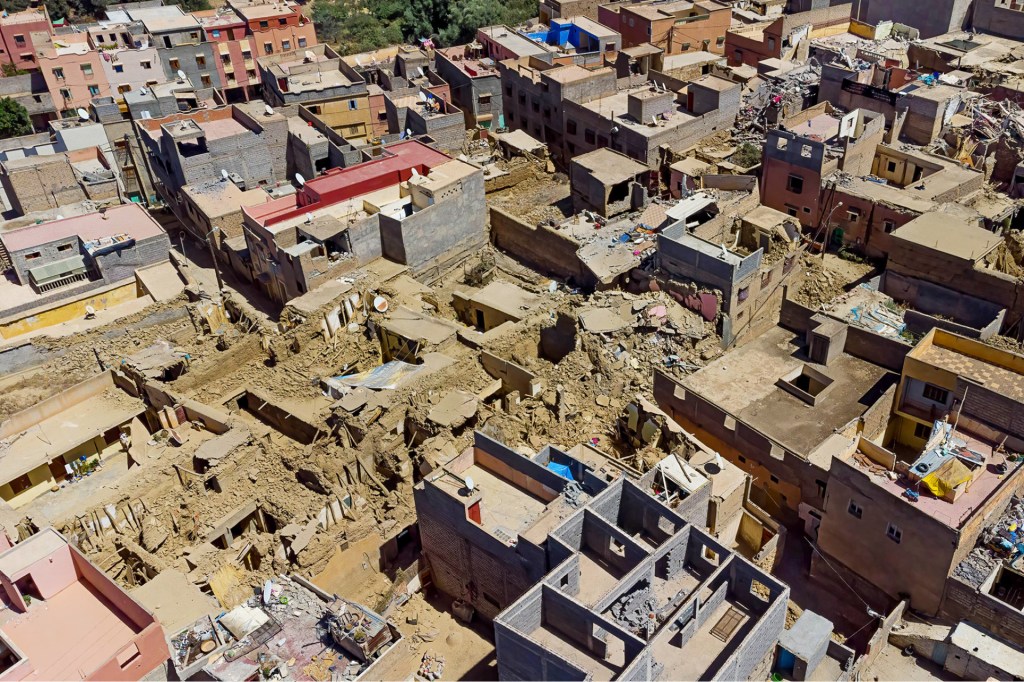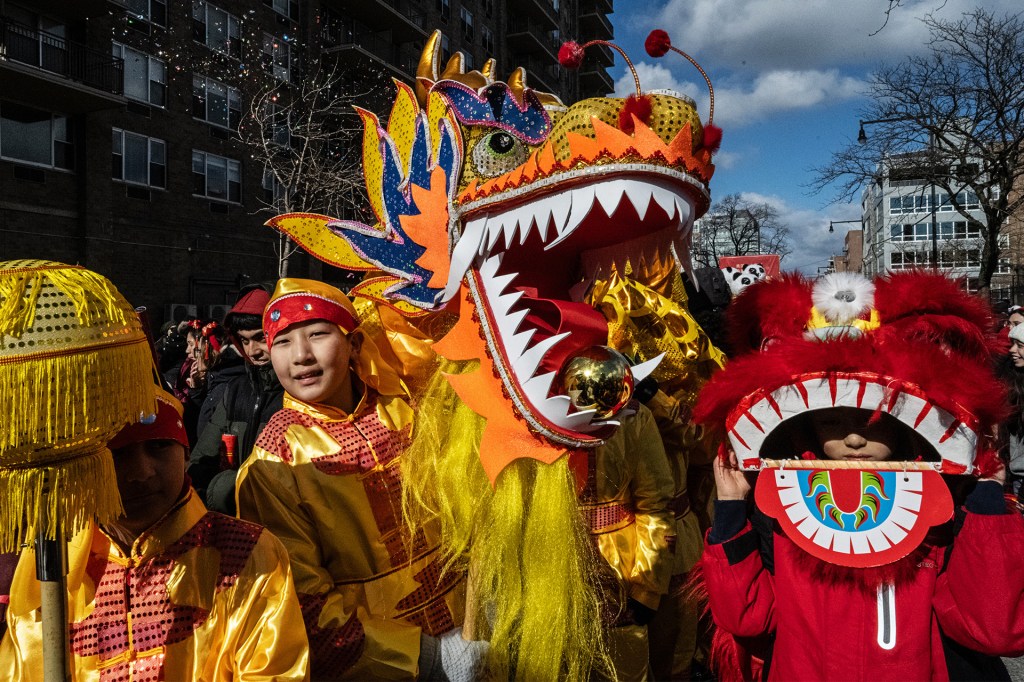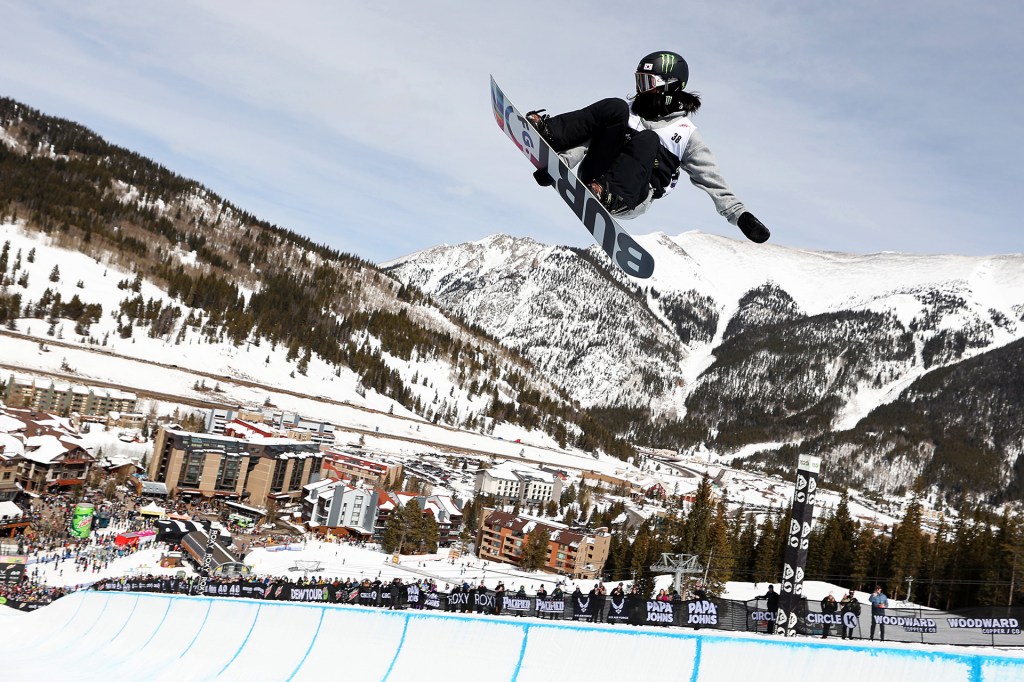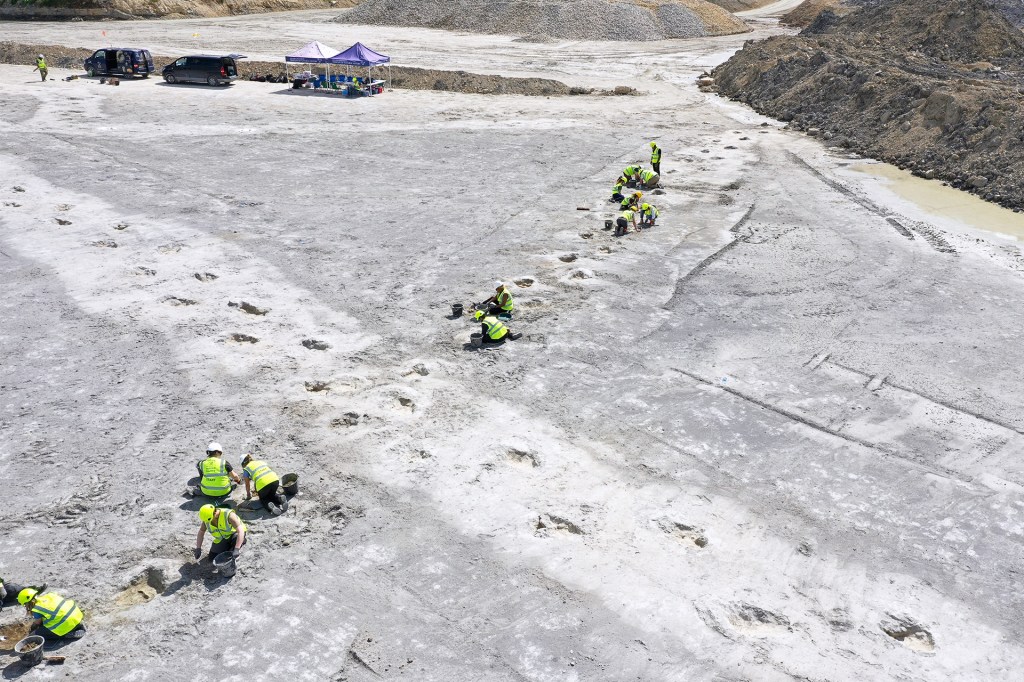
Rescue efforts continue in North Africa, a region that has been hit with two major natural disasters. An earthquake struck Morocco on September 8. Two days later, rain brought devastating floods to parts of Libya.
The 6.8-magnitude quake in Morocco was the strongest the country has seen in a century. Some 300,000 people have been affected, according to the United Nations (U.N.). Many people have been sleeping outside, having lost their homes, or in case aftershocks cause more buildings to collapse. At press time, close to 3,000 people had died.
“It’s a catastrophe,’’ says Salah Ancheu, who lives in the village of Amizmiz. “We don’t know what the future is.”
Mountain villages suffered the worst damage. Mud-brick homes were flattened, and roads were blocked by rubble. People in many places have been provided with food and water.
There are some people in Morocco who say their government has been too slow in sending help to these villages. Neighbors have had to take action to help one another. “I was asleep when the earthquake struck,” says Fatna Bechar, who lives in Moulay Brahim. “I was saved by my neighbors who cleared the rubble.”
The Moroccan government has invited aid workers from four countries—Britain, Qatar, Spain, and the United Arab Emirates—but not from other countries. Officials vow to help people rebuild their homes. But Enaam Mayara, the president of Morocco’s House of Councillors, has said that could take five or six years in some areas.

FLOODWATERS People try to open a drain on a flooded street in Derna, Libya, on September 13.
ASHRAF AMRA—ANADOLU AGENCY/GETTY IMAGES
In Libya, floodwaters broke through dams near the port city of Derna on September 10. The Wadi Derna river overflowed and swept through the city. Floors in apartment buildings collapsed. Cars were tossed around. The water “erased everything in its way,” according to Ahmed Abdalla, a resident.
Emergency teams are digging through the ruins. Thousands of people are missing. “We were stunned by the amount of destruction,” says Othman Abduljaleel, eastern Libya’s health minister.
Several other towns suffered damage. Families have taken shelter in schools and government buildings. The United States says it’s working with the U.N. on how best to help, and countries in the region are also offering help.
Stop and Think! What does “at press time” mean? Why is this phrase used in the story? What does it tell us about the news?












